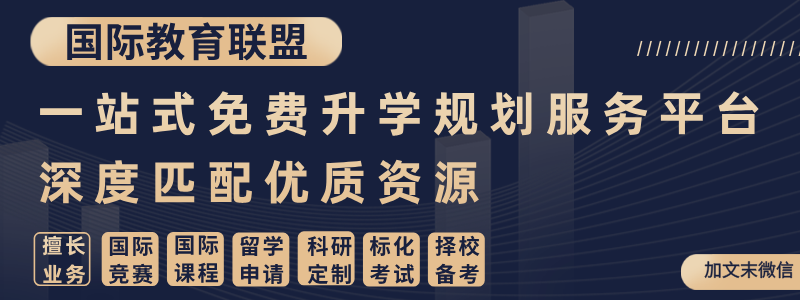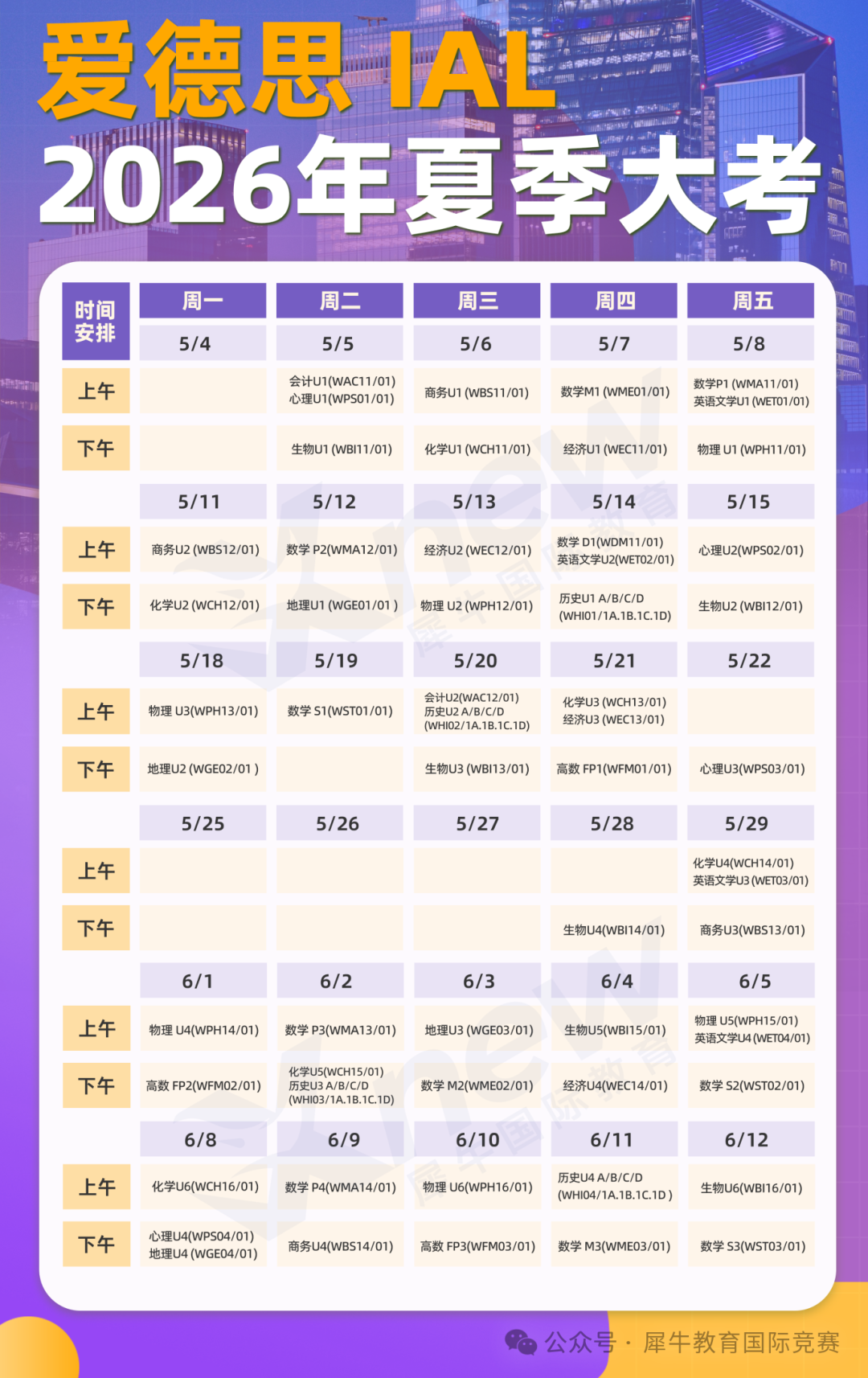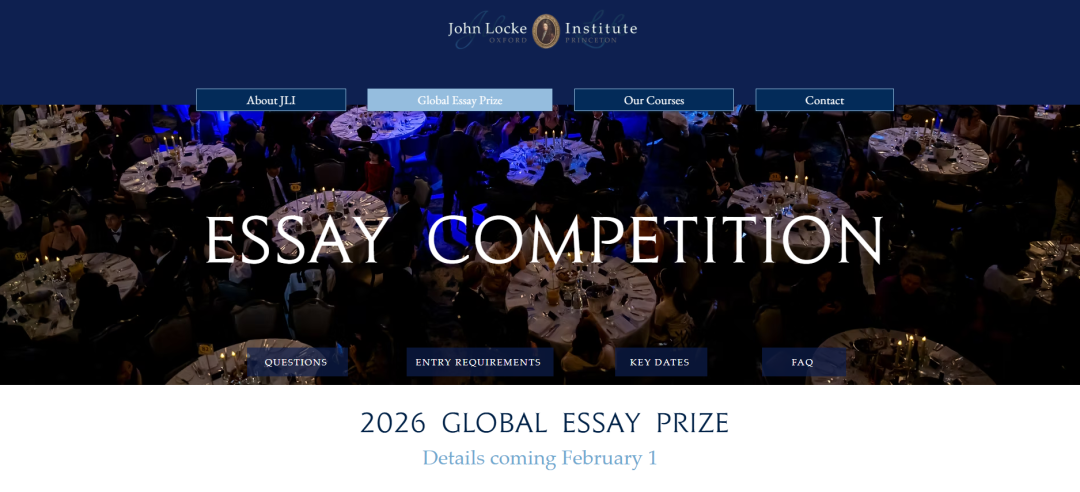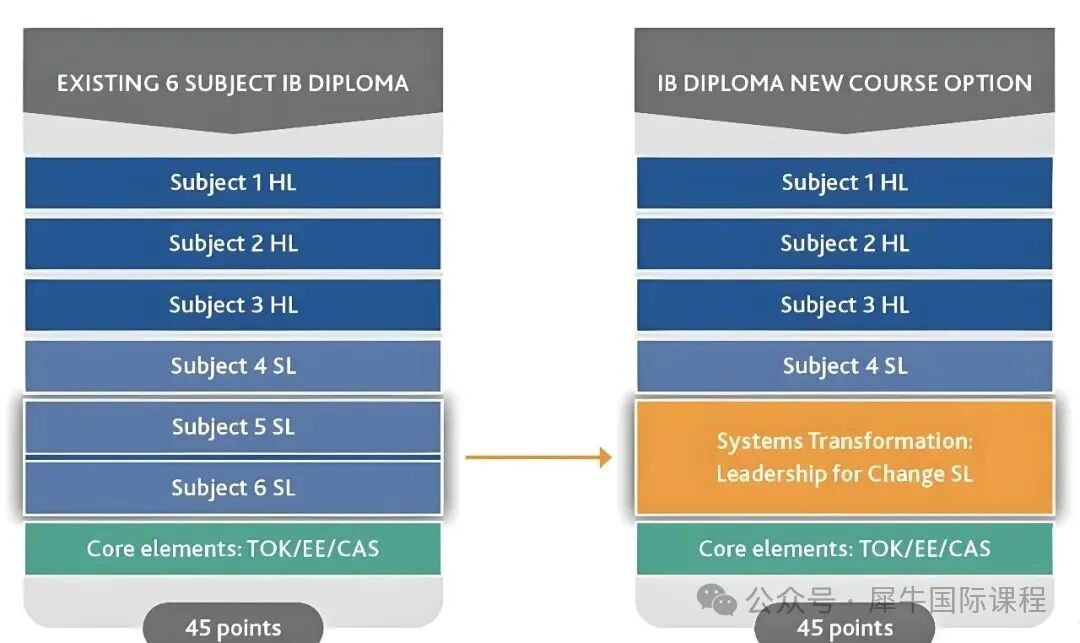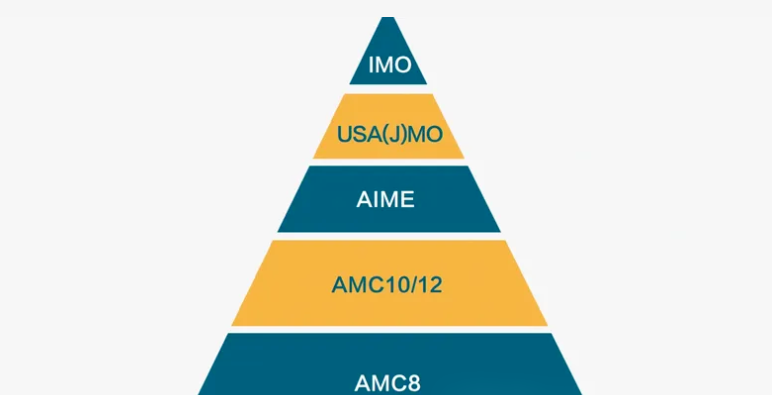2025 WSDA全国总决赛刚刚落下帷幕
但属于WSDAer们的征程从不止步
新的赛季,新的辩题,新的挑战已经在路上!
经过为期两周公开激烈的投票,2025-2026赛季WSDA秋季赛
公共论坛式辩论辩题已火热出炉,并于2025 WSDA全国总决赛闭幕式上揭晓!
根据由WSDA会员投出的有效票数统计,辩题三(Resolved: China should embrace a four-day work week.)最终以43.9%的得票率脱颖而出,获得了更多WSDAer们的青睐!
下面,WSDA赛事组委会正式宣布,2025-2026 WSDA秋季赛公共论坛式辩论辩题为:
2025-2026 秋季赛
Resolved: "China should embrace a four-day work week.“
中国应推行四天工作制。
01、Topic Analysis
If there’s one thing you can count on in any debate about work schedules, it’s that people have very strong opinions—often based on how tired they are at that exact moment. The idea of shifting to a four-day work week has been gaining steam globally, and now it’s on the table for China. This topic asks us to think about whether such a change makes sense for the Chinese context—economically, socially, and culturally.
Framing the Debate
The key to this topic is that the resolution uses the word “embrace,” which means we’re not just talking about trial programs or optional participation. The affirmative must defend a general move toward a four-day work week, while the negative defends sticking with the traditional five (or more) workdays. The “should” means we’re arguing ought, not will, so the clash will be about benefits and harms rather than political feasibility.
Core Issues to Consider
When breaking this topic down, most arguments will land in one of three buckets:
1.Economic Productivity– Will fewer days of work lead to the same (or better) output, or will it drag down the economy?
- Pro side:Global pilots in countries like Iceland, Belgium, and Japan have shown that shorter weeks can boost productivity per hour, reduce burnout, and improve retention.
- Con side:Critics worry that China’s manufacturing-heavy industries and fast-moving tech sectors depend on high total work hours, and losing a day could mean missed deadlines or reduced competitiveness.
2.Worker Well-being– This is where quality of life comes into play.
- Pro side:More rest means healthier, happier employees. This could translate into lower healthcare costs, less turnover, and stronger family and community life.
- Con side:Compressing the same workload into fewer days can create more stressful, longer daily hours, negating the intended benefits.
3.Cultural and Structural Fit– A four-day week might sound great in theory, but does it fit China’s business culture and economic structure?
- Pro side:China’s growing service and knowledge economy could adapt, especially in urban centers where flexible work arrangements are more feasible.
- Con side:Many small businesses, factories, and customer-facing roles can’t simply “skip” a day without losing business or creating backlogs.
02、PRO Strategy
An effective Pro case will likely argue that:
- The four-day week is already working in diverse economies and can be adapted to China’s context.
- Productivity per hour matters more than total hours, and modern tools make this possible.
- Worker health and morale directly boosts long-term economic growth.
- A shorter work week can also encourage innovation, attract top talent, and align with trends in sustainable economic development.
03、CONStrategy
On the flip side, the Con might:
- Emphasize that China’s economy is unique in scale and structure—global pilots might not translate well.
- Argue that certain sectors (logistics, manufacturing, retail) can’t easily function with fewer days without major economic disruption.
- Point out that job security and wages could be at risk if hours are cut without guaranteed pay adjustments.
- Highlight that cultural norms about hard work and availability could make adoption uneven and divisive.
04、Key Definitions to Consider
- Four-day work week:Does it mean 32 hours total or just condensing 40+ hours into four days? This is hugelyimportant, because the impacts differ.
- Embrace:Does it mean full national adoption or strong governmental encouragement?
- Productivity:Are we measuring output per hour, per day, or total output?
05、Potential Clash Points
- Output vs. Hours:Which is more important for economic success?
- Short-Term vs. Long-Term Gains:Will the adjustment period cause disruptions that outweigh the benefits?
- Uniform vs. Flexible Adoption:Should all industries change, or only those where it makes sense?
06、Final Thoughts
This is a fun topic because both sides have strong, real-world evidence to work with. The best debates will avoid just trading “it worked in Iceland” vs. “China is different” soundbites and instead dig into what conditions make a four-day work week succeed or fail. Whether you’re Pro or Con, remember: this isn’t just about a day off—it’s about redefining what productivity, balance, and growth look like in a rapidly changing economy.
辩手们,准备好迎接全新的思维碰撞了吗?全新辩题、全新舞台、全新征途正在向你招手!2025-26 秋季赛报名通道即将开启让我们在新赛季的赛场上
再一次见证你闪耀的瞬间!


